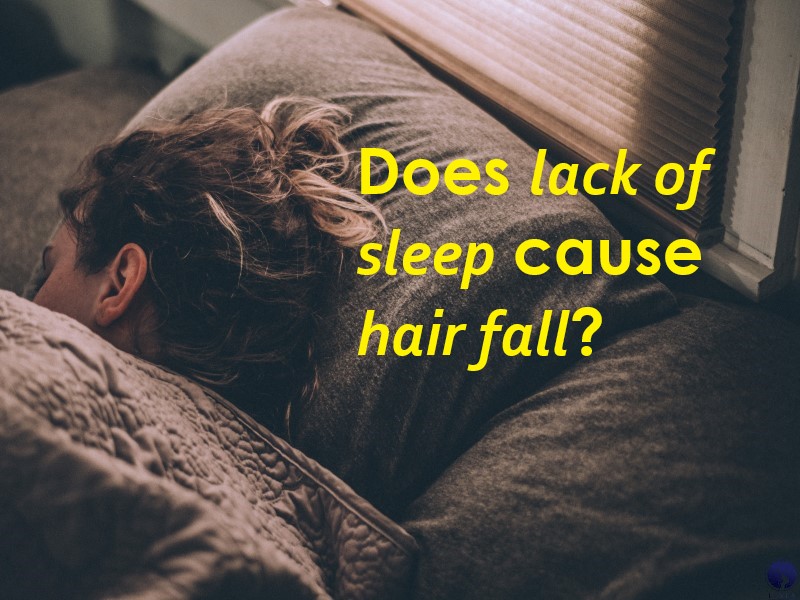Can Lack Of Sleep Cause Hair Loss
Not getting more than enough sleep, or prolonged insufficient restful sleep, can bring about many different negative impacts in one’s physical health.
The increased degrees of stress that final result from having less sleep, and the reduced capacity for normal cellular functioning, may bring about conditions of hair thinning or thinning hair aswell.
There are many explanations why a person may lack appropriate sleep, a lot of which can be addressed to help promote better rest.
If you are experiencing too little sleep it is important that you can address the cause or do something to promote better sleep, which might require consultation together with your physician.
Impact of Lack of Sleep on the Body:-
According the the National Heart, Lung, and Blood Institute sleeping plays an essential role in proper health insurance and overall wellness in your body. During sleep cycles your body is able to focus on supporting brain function as well as the repair and upkeep of physical wellbeing.
Sleep is very important to healthy human brain function and emotional well getting, overall physical health, daily effectiveness, as well as safety.
In general, the research shows that the lack of sleep will lead to a variety of issues within the human body and can even trigger inherited conditions that may in any other case wait longer to appear.

The negative impact of having less sleep on the body is quite likely to impact the process of hair growth and could even be linked right to hair loss and thinning hair.
How Lack of Sleep Effects Hair Loss:-
Insufficient amounts of sleep have already been shown to have significant bad consequences on the body, which can lead directly and indirectly to conditions of hair loss and thinning hair.
The lack of sleep can cause higher levels of stress which is displayed to cause hair loss.
In the image below we are able to observe how scalp tension corresponds with the typical ‘male pattern baldness.’
So if stress and stress go together, it’s clear that there can be a direct impact.
CUsersjhinesPicturesscalp-tension-temples-vertex
The body also undergoes numerous cycles while asleep, which promote the stem cell activity that generates epithelial cells for hair regrowth.
Research published found in the American Journal of Pathology discusses the partnership between stress and the procedure of hair growth.
The prolonged stress response can have a poor impact on the skin and its own capacity to function appropriately that may directly impact the hair follicle.
The study also shows that the release of hormones, neurotransmitters, and cytokines throughout a stress respond can substantially influence the growth of locks.
There is evidence to recommend that hair roots and the hair regrowth cycle are significantly influenced by stress, which can bring about unhealthy hair growth and hair loss.
An article from the National Institutes of Health further advise that sleep is important in hair growth. The activity of adult stem cells depends on the internal circadian clock to orchestrate the proliferation of the hair regrowth cycle.
This study shows that disruptions to the sleep cycle of an organism can have a substantial effect on the biologic functions occurring in the hair follicle where hair regrowth is initiated:
The inability of the body to function normally because of lack of sleep reduces overall physical health and fitness.
The actual fact that lacking sleep is a substantial source of stress may also trigger the start of genetically-influenced hair damage such as male pattern baldness or female pattern hair loss.
Conclusion:-
The importance of sleep can't be understated, and there is evidence to recommend that the lack of sleep may are likely involved in hair loss or thinning hair with the principal mechanism being the build up of stress. Sleep and pressure only play an extremely small role in hair thinning though.
While more research must fully understand the role sleep plays in the growth of wild hair, the studies suggest that numerous consequences of having less sleep may result in hair that will not grow properly.
There are many ways to address the lack of sleep, including making changes to your daily diet and consulting a medical professional to determine the factors behind poor sleep.